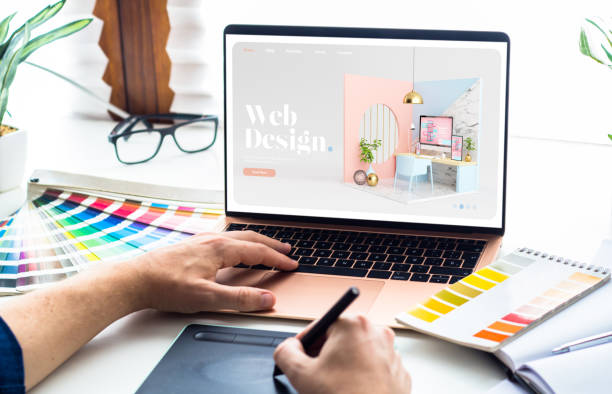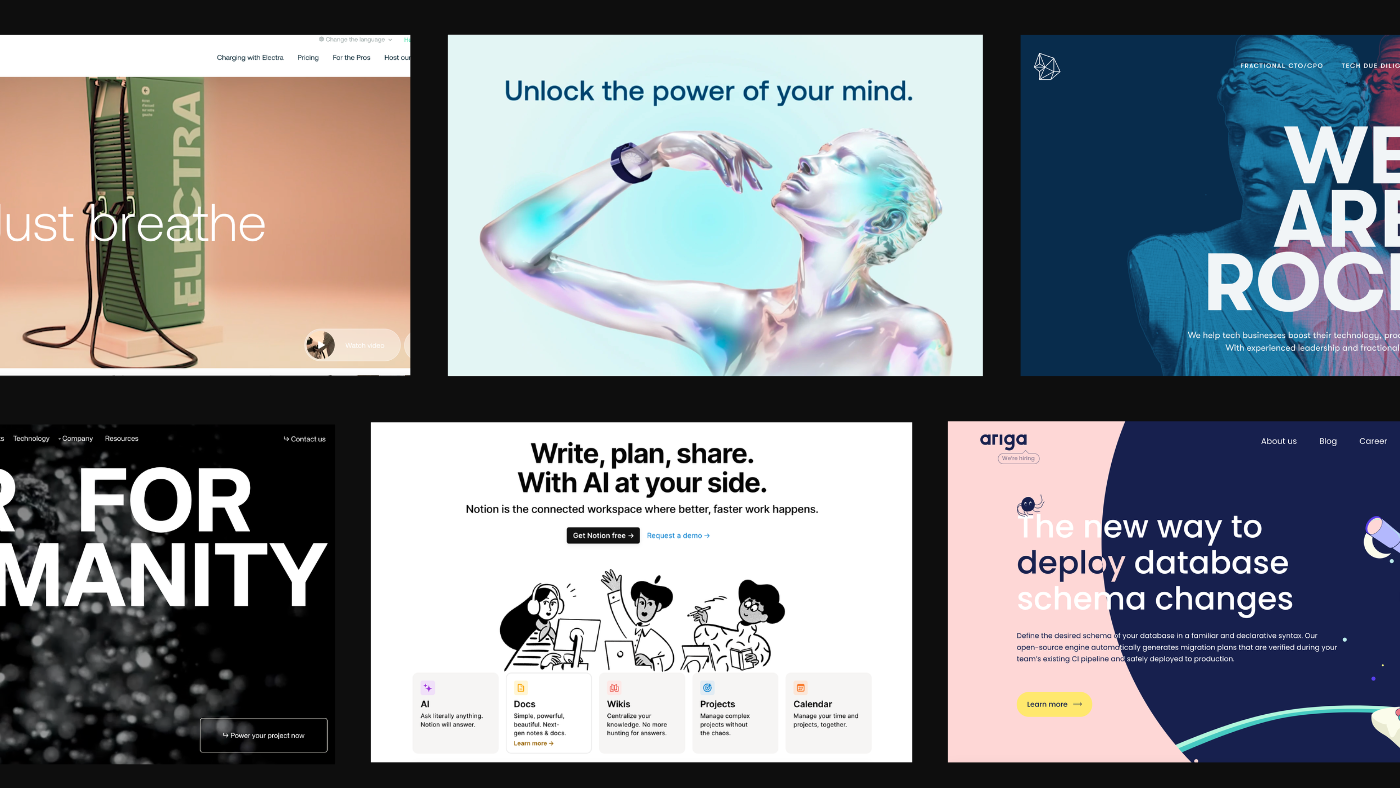Achieve Online Success With User-Friendly Site Style
In the significantly competitive electronic landscape, the design of an internet site can be a critical aspect in identifying a service's success. Easy to use design not just enhances the overall customer experience but additionally influences crucial metrics such as retention, conversion, and interaction rates.
Significance of Individual Experience
Individual experience (UX) plays a crucial duty in the success of a website, as it directly affects individual fulfillment and involvement. A positive UX ensures that visitors can navigate the website effortlessly, access details promptly, and total desired actions, such as authorizing or making an acquisition up for an e-newsletter, without frustration.
In a digital landscape where competition is strong, an internet site that focuses on UX can dramatically boost brand name commitment and retention. Individuals are more probable to go back to a site that offers a seamless experience, producing a cycle of repeat check outs and increased customer life time worth. Effective UX style can lower bounce prices, as individuals are much less inclined to leave a site that meets their requirements efficiently.
Moreover, search engines progressively consider customer experience variables when ranking websites. Thus, investing in customer experience is vital for accomplishing lasting success in the digital industry.
Secret Principles of User-Friendly Layout
An effective user-friendly design rests on numerous key principles that enhance use and ease of access. Is simplicity; a clutter-free interface makes it possible for individuals to browse easily, decreasing cognitive tons. This principle emphasizes the importance of concise and clear material, enabling users to discover information rapidly without unnecessary diversions.
Uniformity is one more vital part. Regular use font styles, shades, and formats fosters knowledge and develops trust fund. Individuals should really feel comfortable as they explore various sections of the internet site, recognizing that comparable components represent relevant performances.
Efficient typography also plays a critical function in easy to use design. Readable fonts, ideal dimensions, and adequate spacing make sure that web content is easily readable across numerous gadgets. Incorporating user-friendly aesthetic power structures aids individuals recognize key info and actions at a glance.

Important Features for Navigation
Efficient navigating is important for any easy to use internet site, as it straight influences the overall user experience. A well-structured navigating system allows individuals to situate details rapidly and successfully, reducing disappointment and raising interaction.
One necessary attribute is a instinctive and clear menu that categorizes content realistically - website design copyright. This food selection ought to be quickly available from every page, typically placed on top or on the side of the internet site. In addition, integrating breadcrumb navigating aids individuals comprehend their area within the site hierarchy and makes it much easier to backtrack
Search performance is another important component, enabling users you could try here to discover certain material without sorting through multiple web pages. This attribute must be plainly presented and receptive to variations in input.
Moreover, a mobile-responsive layout ensures that navigating stays seamless across tools. As mobile usage remains to climb, menus ought to adapt to various screen dimensions without endangering functionality.
Finally, visual signs such as highlighting the active page and utilizing hover effects can boost individual interaction. By incorporating these crucial functions, site designers can produce a navigational experience that is not just user-friendly yet additionally encourages exploration and retention.
Accessibility Factors To Consider
Accessibility factors to consider are important to creating a straightforward website that caters to all people, despite their specials needs or capabilities (website design copyright). Websites need to be designed to guarantee that customers with visual, auditory, cognitive, or electric motor disabilities can involve with material efficiently. This begins with adherence Source to the Web Material Accessibility Standards (WCAG), which give a framework for making electronic web content much more easily accessible
Key methods consist of the usage of descriptive different text for images, ensuring shade comparison proportions fulfill access standards, and supplying inscriptions for multimedia components. In addition, the navigation ought to be user-friendly, enabling individuals to tab via links and interactive elements easily. Applying key-board navigation is vital for those unable to utilize a mouse.
Additionally, concise and clear language boosts understanding for customers with cognitive constraints. Forms must be simple, with tags and directions that are understandable. Regular ease of access testing, consisting of customer feedback from people with disabilities, can aid boost and determine obstacles usability.
Determining Design Success

User comments surveys and usability screening are essential in analyzing the effectiveness of layout components. These techniques allow designers to collect straight input from individuals, recognizing pain factors and areas for improvement. In addition, tracking heatmaps can disclose where customers click most frequently, assisting to notify layout modifications and content prioritization.
Google Analytics can track customer actions, revealing patterns that suggest whether the design is hindering the individual or promoting journey. Eventually, a successful site design not just satisfies organization goals yet additionally fosters a seamless and enjoyable individual experience, driving interaction and commitment over time.
Verdict
To conclude, straightforward website layout is critical for accomplishing on the internet success. Prioritizing individual experience through simpleness, user-friendly navigation, and efficient comments devices not just boosts customer interaction and fulfillment yet additionally cultivates brand name commitment. Including essential navigation attributes and access factors to consider better makes certain that all customers can successfully interact with the website. Ultimately, measuring style success gives valuable understandings that lead constant renovation, strengthening a strong online visibility in an affordable electronic landscape.
Web sites should be made to make sure that individuals with aesthetic, auditory, cognitive, or electric motor impairments can involve with content properly.Measuring layout success entails assessing how successfully a web site satisfies its desired goals while supplying a favorable user experience. Google Analytics can track customer behavior, revealing patterns that suggest whether the design is preventing the individual or helping with journey. Inevitably, a successful site design not only satisfies organization objectives yet likewise cultivates a smooth and enjoyable individual experience, driving involvement and commitment over time. Focusing on user experience via simpleness, intuitive navigation, and reliable responses systems not only enhances individual engagement and fulfillment yet additionally cultivates brand name commitment.